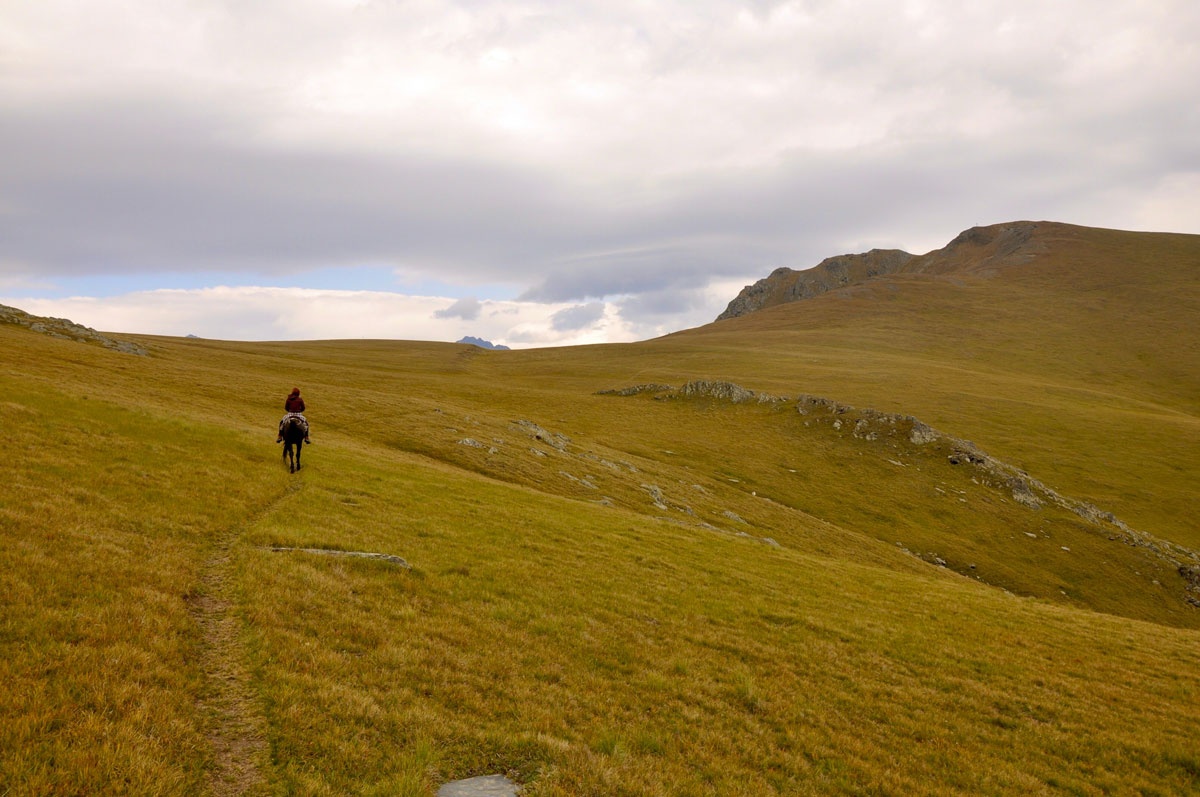
The characters of those that lead us
Globally, we continue to witness many leaders committing to minimise exposure and deliver on the needs of those experiencing suffering arising from Covid-19. Sadly, we are also witnessing other leaders failing in their moral, constitutional, and political duty to exercise such commitment. In Australia at least, it appears that leadership efforts have been largely appreciated by most people as recently reflected in the political opinion polls. This is a testament to the character of these leaders in times of genuine crisis, and for this, most of us have been grateful.
However, whilst no leader has nor could claim perfection, many have clearly focussed their efforts and priorities on the well-being of others to the extent to which they are able. In so doing, they have relied upon and increased their efforts to think, speak, and act through the virtues such as empathy and compassion. Those in receipt of these actions have responded with increased levels of trust and gratitude. This is usually a slow, cautious, and progressive process between leaders and followers, and whilst the reciprocity within this equation seems both simple and obvious (people doing good things by others = increased trust and gratitude), there is a profundity that is worth exploring further.
Leadership in times of pressure, fatigue and system failure
Unfortunately, in almost all disasters, people, and especially leaders, get tired. They must navigate through tiredness and fatigue irrespective of the complexity and duration of the event. Amid all this, mistakes will be made. And as we have witnessed, mistakes have been numerous. The extent to which these mistakes are isolated or systemic will be determined by commissions of inquiry that will follow in the post event wash up. However, it is almost certain that most of them will be systemic infused with errors of judgment.
Ultimately, most systems fail when put under enough pressure. This is especially true when leaders of both public and private institutions insufficiently anticipate, plan, design, and invest in systems for rare but high consequence events. When this happens, the onus of trust, confidence, safety, and protection falls even more heavily upon the leadership. More specifically, and more importantly, it falls to the ethics that inform the leader’s judgments and decisions. The system can no longer aid in supporting the complex processes of good, right, and just along with what it means to live well. Instead, the leader’s ethos is required to fill the void.
Contrary to what many people might think, crises and disasters reveal character, they do not create them. When a leader’s tiredness and fatigue set in and the systems designed to support them fail or reach their point of limitation, a leader’s capacity to exercise ethical judgments and decisions supported by the equities of power, wealth, and resources available to them become exposed for all to see. Any trust and gratitude that may have been accumulated over a sustained period is brought to the fore and tested. For many leaders, what they do next arising from the strength of their character and the extent to which they utilise these equities makes a substantial contribution to whether trust and gratitude will be sustained or destroyed. This is irrespective of how tired or fatigued they may feel. Let me give you an example.
Risk, trust and consequence
In Australia, a young woman living in the Nation’s Capital City of Canberra received news her Father was terminally ill in the northern State of Queensland. When the young woman sought permission to visit her dying Father she was denied on the basis she was a “risk” to the State, even though Canberra had not recorded a single case of Covid-19 for more than 60 days. It is important to understand that for there to be a risk, there must be a hazard, the potential for some exposure to that hazard, and the possibility of being harmed by that hazard. However, there was no risk because there was no possibility of viral transmission (hazard). It was absent from the Canberra community.
Despite this, the system said to the young woman, “no, you cannot come!”. Eventually, after some pressure, the State agreed but only on the condition that she self-quarantine for two weeks before visiting her dying Father. She agreed but sadly her Father died before the quarantine period ended. Unfortunately, it got worse. After he died, the State denied the young woman the ability to go to her Father’s funeral. Instead, she was permitted a private viewing of her Father’s body without any support from her family or friends.
In this circumstance, the system clearly lapsed. It lapsed in its ability to appreciate how risk is determined, it lapsed in its ability to respond to the compassionate needs of a young woman desperate to visit her dying Father, and it lapsed in its ability to use the immense equities of power, wealth, and resources available to it to make a discerning decision on compassionate grounds whilst satisfying any residual safety concerns it may have had. The public outcry was significant.
It is often said that ethics such as trust “arrives on foot and leaves on horseback”. It takes a long time to trust a leader and their institution and a very short time to lose trust and confidence in them. I have no doubt that the tiredness and fatigue of the State’s leaders played a significant part in the decision. I also have no doubt the system was inadequately prepared to deal with the complexity of such (predictable) circumstances that by any measure called for a more compassionate response. Nonetheless, “trust left on horseback” for many people and particularly for the young woman. The full effect and resulting consequences are yet to reveal themselves but there is little doubt they will be detrimental to the reputation of some leaders.
Exercising virtue
However, blaming any leader for this is futile. Blame only leads to further suffering. But we can learn from this. Sadly, we live in a society that relies too heavily on “the system” to provide the ethical frameworks for decision making and not enough on virtuous ethics of the leadership. If we want to “leave the horse in the stable” then we must make a more conscious effort to develop a leader’s strength of character and presence of mind to exercise their virtue. Such leaders, supported by the immense equities of power, wealth, and resources available to them, have the potential to make a substantial and lasting difference to the lives of many people.
Perhaps, most importantly, circumstances like the one above opens the opportunity to allow ethics to do its greatest work. When the system lapses and capabilities reach their limitations, it is ultimately the ethics of the leadership that is called upon to step in, step up, and run towards the needs of those who are genuinely suffering. It is one of the great tests of leadership. Conditioning our leaders to understand this whilst increasing their competence and confidence, combined with putting in place ethical capabilities that can lend support, will significantly reduce the possibility that another person might have to experience such agony in the future. If we learn this lesson from such an unfortunate set of circumstances, then perhaps the horse can retire to pasture!
Listen to the latest podcast


Thanks Mark. I have thought about fatigue and leadership, and whilst we can ‘can practice good ethics’ when we are energised and healthy, this can slip when we are fatigued or under stress. There are physical reasons for this, relating to the frontal lobe function. I wonder whether, through your comment about ‘strength of character” you believe that despite physical changes in our body under stress, that some might overcome these and continue to operate with ‘high functioning ethics’. Do you think this is innate in some people, or can be learned?
Hi Amanda, the points you raise are both valid and important. Yes it is definitely harder under such conditions but at the same time, with practice, we can be much more mindful of what lenses we use to view the world: this is the practice of mindfulness. That is to say, if we value trust and compassion as the highest ethics of our leadership (as examples) then through mindfulness we will know when we are using them, but more importantly, we will know when we are not using them. This in turn gives us the opportunity to refocus where we put our energy and what we see as the most important decision or task to undertake. It is not a perfect solution (as we are genuinely fallible especially when we are fatigued) but it leads to a better solution in comparison to its alternative. Is this innate? Well to a point yes. We all hold these ethics in our Minds but the extent to which we realise this and access them at the critical times when we need them or others need us to access them is contingent upon many factors. Having said that, the more we genuinely practice them with wisdom, patience, and perseverance, the better we get!
Hi Mark, enjoyed your blog, on how trust takes a long time to earn and can vanish in an instant. I’m interested to hear your thoughts on how this applies to the current situation with the NSW Premier and her relationship with the former Member for Wagga Wagga as brought to light at ICAC hearings.
Hi Bruce, interesting question! Firstly, we have to assume that all the facts have been presented and at this stage there appears to be no case to answer to ICAC. So, leaving those issues aside, I think what we have seen is a true test of character. Ms Berejiklian is known for her strength of character and her integrity and clearly both have been tested. Certainly in the context of the private domain there is regret and discomfort but she, like all of us, is entitled to pursue a relationship and if she so chooses, to keep that relationship private. Certainly her performance throughout COVID-19 has generally been very good although again, some mistakes have been made. It appears, on balance, that the majority of the constituency support her stance to remain as leader and much of that is predicated upon her personal ethics that have played out through crisis. Her ability to empathize and act in the best interests of citizens with integrity and consistency has enabled her to weather the current leadership dilemma. So, providing that nothing else turns up from ICAC I would conclude that Ms Berejiklian’s investment in her personal ethos has come to the fore to assist her in navigating what has clearly been a very difficult time in her life. Hopefully the experience contributes to a greater wisdom over time about deepening her understanding of her ethos and her life journey. Kind regards, Mark